October 27 stands as one of history’s most eventful days, witnessing the rise and fall of empires, groundbreaking discoveries, and moments that shaped our modern world across centuries of human achievement.

Politics and Government Events on October 27
1979 – Saint Vincent and the Grenadines Independence
The Caribbean nation of Saint Vincent and the Grenadines achieved independence from the United Kingdom. The new nation established its own government and constitutional framework.
Prime Minister Milton Cato led the country into its new era of self-governance. The independence ceremony marked the end of centuries of British colonial rule in the region.
2017 – Catalonia Declares Independence from Spain
The Catalan Parliament voted to declare independence from Spain in a historic session. Regional leaders proclaimed the establishment of the Catalan Republic despite fierce opposition from Madrid.
The Spanish government immediately rejected the declaration and prepared to implement direct rule. The crisis deepened tensions between Catalonia and the central government in one of Spain’s most significant political upheavals.
1991 – Turkmenistan Gains Independence
Turkmenistan declared independence from the crumbling Soviet Union. The Central Asian nation established its sovereignty as the USSR continued its rapid dissolution.
Saparmurat Niyazov assumed leadership of the newly independent republic. The country embarked on its journey as a sovereign nation rich in natural gas resources.
1924 – Uzbek SSR Founded
The Soviet Union established the Uzbek Soviet Socialist Republic through territorial reorganization. The new republic consolidated various Central Asian territories under communist administration.
Stalin’s nationalities policy shaped the boundaries and governance structure of the new republic. The creation marked a significant step in Soviet administrative control over Central Asia.
1958 – Pakistan Military Coup
General Ayub Khan deposed President Iskander Mirza in a bloodless military coup. The general had been appointed to enforce martial law just twenty days earlier by the same president.
Pakistan’s first military dictatorship began with Khan’s assumption of power. The coup established a pattern of military intervention in Pakistani politics that would persist for decades.
1962 – Congo Renamed Zaire
The Democratic Republic of the Congo underwent a dramatic name change to Zaire. President Mobutu Sese Seko implemented the change as part of his Africanization policies.
The renaming represented Mobutu’s efforts to eliminate colonial vestiges from the country. Citizens were also required to abandon European names in favor of African ones.
1922 – Rhodesia Rejects Union with South Africa
White settlers in Rhodesia voted overwhelmingly against joining the South African Union. The referendum results determined the territory’s separate political future.
The decision led to Rhodesia’s establishment as a self-governing British colony. This choice would significantly impact the region’s development and eventual path to independence.
1964 – Reagan’s Political Career Launch
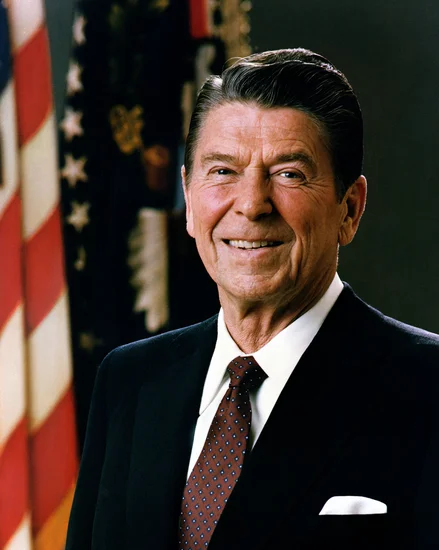
Ronald Reagan delivered his famous “A Time for Choosing” speech supporting Barry Goldwater’s presidential campaign. The televised address showcased Reagan’s charismatic communication skills to a national audience.
The speech transformed Reagan from Hollywood actor to serious political figure. Conservative donors and activists immediately recognized his potential for future political leadership.
Military and Naval History on October 27
1944 – German Forces Capture Banská Bystrica
German troops successfully captured the Slovak city of Banská Bystrica during World War II. The victory effectively ended the Slovak National Uprising against Nazi occupation.
Slovak resistance fighters had controlled the city for two months before the German assault. The fall of Banská Bystrica marked a crushing defeat for anti-fascist forces in Slovakia.
1962 – Cuban Missile Crisis Casualty

Major Rudolf Anderson became the Cuban Missile Crisis’s only direct human casualty when Soviet forces shot down his U-2 reconnaissance plane. The incident occurred during the conflict’s most dangerous phase.
Anderson’s death heightened tensions between the superpowers to near-breaking point. Military advisors on both sides pushed for escalation while leaders sought diplomatic solutions.
1962 – Nuclear War Averted
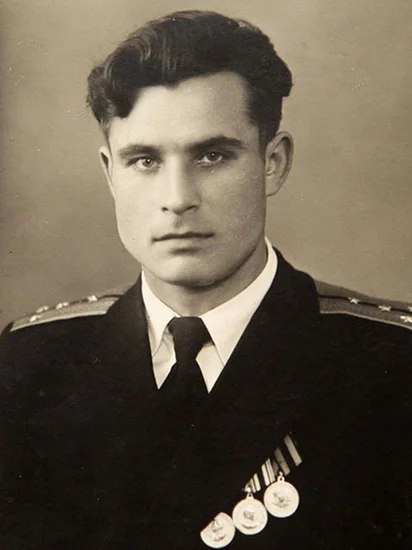
Soviet naval officer Vasily Arkhipov prevented nuclear war by refusing to authorize a torpedo attack on US warships. His decision required unanimous consent from three senior officers aboard the submarine.
The other two officers had already agreed to launch the nuclear-armed torpedo. Arkhipov’s courageous stand possibly saved the world from nuclear catastrophe during the Cuban Missile Crisis.
1914 – HMS Audacious Sunk
The British battleship HMS Audacious struck a German minefield and sank off the Irish coast. The loss represented a significant blow to the Royal Navy’s strength early in World War I.
German merchant cruiser Berlin had laid the deadly minefield that claimed the warship. The incident demonstrated the effectiveness of naval mines as weapons of war.
1981 – Soviet Submarine Runs Aground
Soviet submarine S-363 ran aground on Sweden’s east coast during a Cold War intelligence mission. The incident created a major diplomatic crisis between the superpowers and neutral Sweden.
Swedish forces surrounded the submarine and demanded explanations from Moscow. The embarrassing breach of Swedish neutrality exposed Soviet naval espionage operations in Scandinavian waters.
2027 – Britain Withdraws from Afghanistan
British forces completed their withdrawal from Afghanistan after Operation Herrick lasted twelve years, four months, and seven days. The departure marked the end of Britain’s longest military campaign since World War II.
The withdrawal concluded with a ceremony at Camp Bastion military base. British forces had suffered significant casualties while training Afghan military and police units.
Science and Discovery Milestones on October 27
1994 – First Brown Dwarf Discovered
Astronomers definitively identified Gliese 229B as the first confirmed brown dwarf object. The discovery revolutionized understanding of stellar formation and classification.
Brown dwarfs represent a class of objects too massive to be planets but too small to sustain nuclear fusion. This breakthrough opened new avenues for astronomical research and observation.
1961 – First Saturn I Rocket Test

NASA successfully tested the first Saturn I rocket in Mission Saturn-Apollo 1. The test marked a crucial milestone in America’s journey toward lunar exploration.
The powerful rocket demonstrated capabilities essential for future Apollo missions. Engineers gathered valuable data about rocket performance and structural integrity during the test flight.
1948 – Donora Smog Disaster

A deadly smog settled over Donora, Pennsylvania, creating one of America’s worst environmental disasters. Industrial pollution trapped by weather conditions killed twenty people and sickened thousands.
The tragedy prompted national awareness of air pollution dangers. Government officials began developing the first comprehensive air quality regulations in response to public outcry.
Cultural and Arts Events on October 27
1936 – Wallis Simpson Obtains Divorce
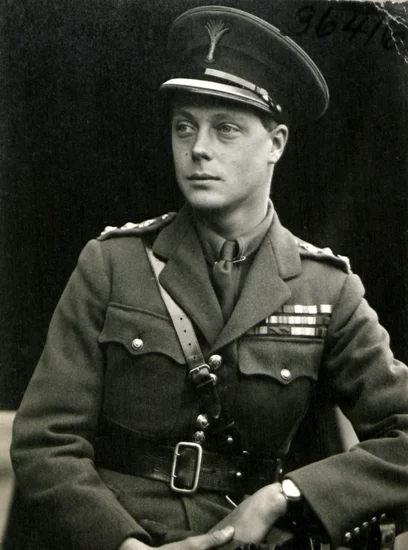
Mrs. Wallis Simpson received her divorce decree, clearing the path for her marriage to King Edward VIII. The legal proceeding set in motion events that would shake the British monarchy.
The divorce made possible the constitutional crisis over Edward’s abdication. Simpson’s American nationality and previous marriages created unprecedented challenges for the royal family.
1930 – London Naval Treaty Ratified
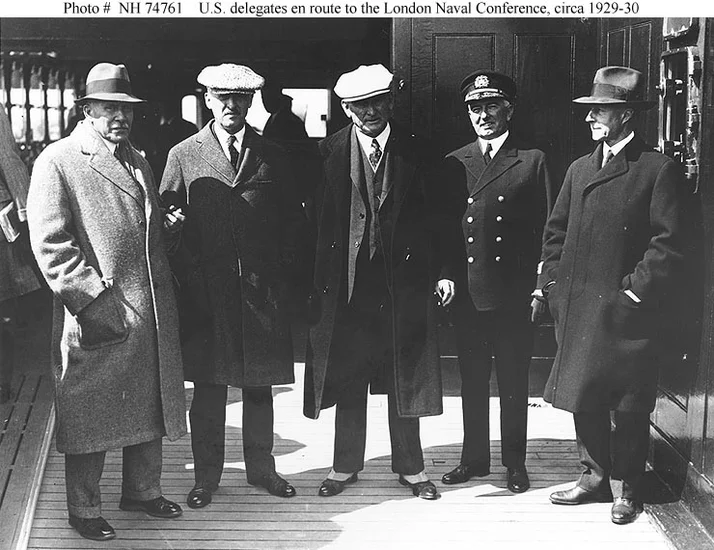
The London Naval Treaty’s ratifications were exchanged and immediately took effect. The agreement further limited naval armaments among major world powers.
Five signatory nations agreed to restrict their expensive naval building programs. The treaty represented international cooperation in reducing military tensions during the interwar period.
Religious and Social Events on October 27
1907 – Hungarian Church Violence
Hungarian gendarmes opened fire on a crowd gathered for a church consecration ceremony, killing fifteen people. The tragedy shocked the Austro-Hungarian Empire and highlighted religious tensions.
The incident occurred during a period of increasing nationalism and religious strife. Public outrage over the killings intensified demands for political reform and greater autonomy.
1916 – Ethiopian Succession Crisis
Negus Mikael’s forces were defeated while marching on the Ethiopian capital to support his son Emperor Iyasu V. Fitawrari Habte Giyorgis led the victory that secured Empress Zewditu I’s throne.
The battle determined Ethiopia’s political future and religious direction. Zewditu’s triumph preserved Orthodox Christianity’s dominance over Islamic influences in the empire.
1919 – Makhnovshchina Congress
The Fourth Regional Congress of Peasants, Workers and Insurgents convened in Oleksandrivsk under Makhnovist leadership. The anarchist movement organized its revolutionary activities across southern Ukraine.
Nestor Makhno’s forces controlled significant territory during the Russian Civil War. The congress demonstrated the movement’s attempts to establish alternative governance structures.
Business and Economic Events on October 27
1986 – London’s Big Bang Financial Revolution
The British government suddenly deregulated financial markets in an event known as the “Big Bang.” The dramatic changes completely restructured how British financial markets operated.
Electronic trading systems replaced traditional face-to-face transactions on the stock exchange floor. The deregulation attracted international investment banks and transformed London into a global financial center.
1997 – Asian Financial Crisis Hits Wall Street
The Asian financial crisis triggered a massive crash in the Dow Jones Industrial Average. American markets experienced severe volatility as the contagion spread globally.
International investors fled emerging markets, causing widespread economic panic. The crisis demonstrated the interconnectedness of global financial systems and markets.
Transportation and Infrastructure on October 27
1993 – Widerøe Flight 744 Crash

Widerøe Flight 744 crashed in Overhalla Municipality, Norway, killing six people aboard. The accident involved a regional aircraft operating in challenging Norwegian weather conditions.
Investigators examined weather factors and mechanical issues in the crash. The tragedy highlighted safety challenges facing regional aviation in mountainous terrain.
Sports and Recreation on October 27
2018 – Leicester City Owner Dies in Helicopter Crash
Leicester City Football Club owner Vichai Srivaddhanaprabha died in a helicopter crash outside the King Power Stadium. Four others perished in the accident following a Premier League match.
The billionaire had transformed Leicester City into Premier League champions in 2016. His death shocked the football world and devastated the Leicester community.
1954 – First African-American Air Force General

Benjamin O. Davis Jr. became the first African-American general in the United States Air Force. His promotion broke significant racial barriers in military leadership.
Davis had commanded the famous Tuskegee Airmen during World War II. His historic achievement advanced civil rights progress within the American military establishment.
Notable Births on October 27
1914 – Dylan Thomas Born

Welsh poet Dylan Thomas was born in Swansea, Wales. His lyrical and passionate writing style would revolutionize modern poetry.
Thomas created some of the most memorable verses in English literature. His works like “Do Not Go Gentle Into That Good Night” became classics of 20th-century poetry.
1932 – Sylvia Plath Born

American poet Sylvia Plath was born in Boston, Massachusetts. Her confessional poetry style influenced generations of writers and readers.
Plath’s works explored themes of depression, trauma, and female identity. Her posthumously published “The Bell Jar” became a landmark novel in American literature.
1939 – John Cleese Born
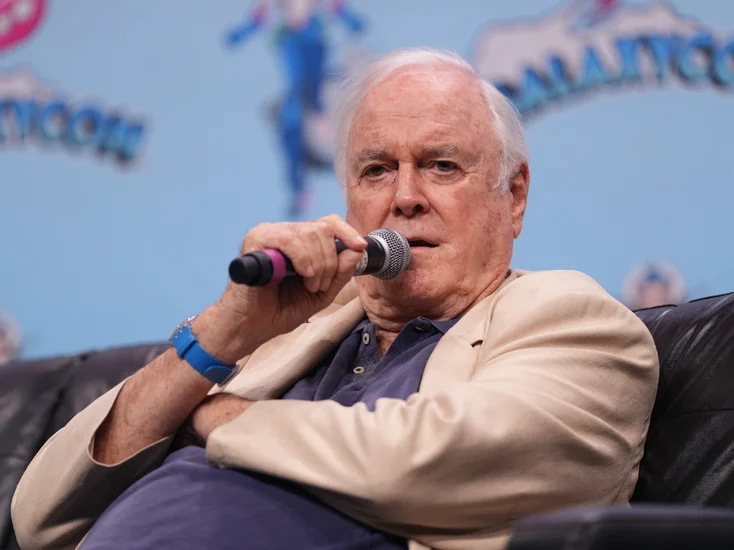
English comedian John Cleese was born in Weston-super-Mare, England. His comedic genius helped shape modern British humor and entertainment.
Cleese co-founded Monty Python’s Flying Circus and created the acclaimed sitcom “Fawlty Towers.” His influence on comedy extends across multiple generations and media formats.
1945 – Luiz Inácio Lula da Silva Born
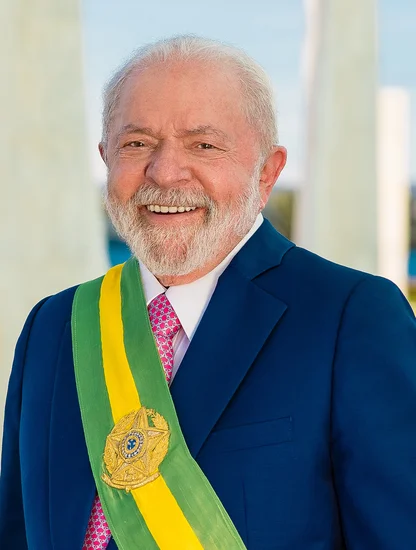
Brazilian political leader Luiz Inácio Lula da Silva was born in Pernambuco, Brazil. His rise from poverty to the presidency inspired millions worldwide.
Lula served as Brazil’s president from 2003 to 2011, implementing significant social reforms. His leadership helped lift millions of Brazilians out of poverty and strengthened the country’s international standing.
1924 – Roy Lichtenstein Born

American pop artist Roy Lichtenstein was born in New York City. His distinctive comic book-inspired artwork defined the Pop Art movement.
Lichtenstein’s paintings featuring Ben-Day dots and bold colors became iconic representations of consumer culture. His work bridges fine art and popular culture in unprecedented ways.
1922 – Ruby Dee Born

American actress Ruby Dee was born in Cleveland, Ohio. Her powerful performances broke racial barriers in theater and film.
Dee’s career spanned over sixty years, earning her an Academy Award nomination at age 83. She combined artistic excellence with passionate civil rights activism throughout her life.
1952 – Roberto Benigni Born

Italian actor and director Roberto Benigni was born in Tuscany, Italy. His comedic talents and dramatic sensibilities created unforgettable cinematic experiences.
Benigni’s film “Life is Beautiful” won three Academy Awards including Best Actor. His exuberant Oscar acceptance speech became one of the ceremony’s most memorable moments.
1920 – Nanette Fabray Born
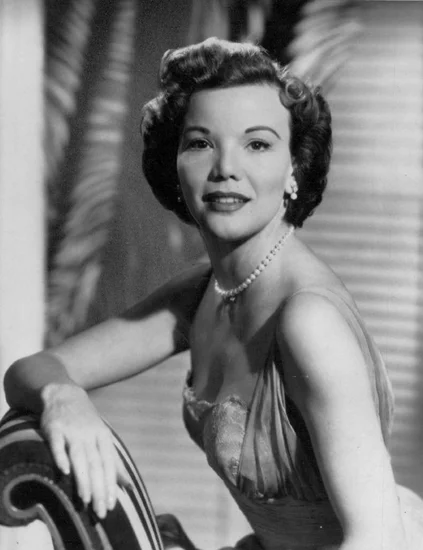
American actress Nanette Fabray was born in San Diego, California. Her versatile talents encompassed Broadway, television, and film performances.
Fabray won Tony and Emmy Awards while advocating for hearing impairment awareness. Her career achievements span from musical theater to groundbreaking television comedy.
Notable Deaths on October 27
1962 – Rudolf Anderson Dies
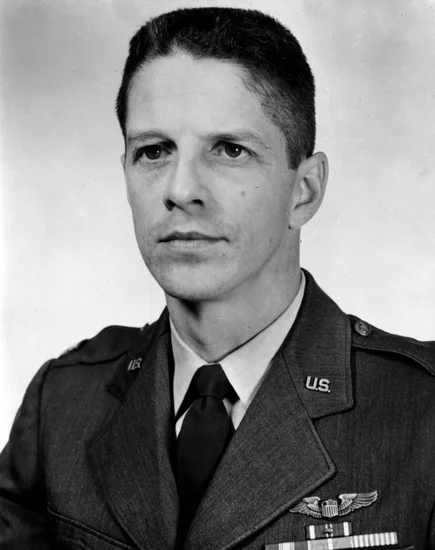
American pilot Rudolf Anderson died when his U-2 spy plane was shot down over Cuba. His death marked the Cuban Missile Crisis’s most dangerous escalation.
Anderson’s sacrifice during the Cold War’s most perilous moment demonstrated military courage. His death nearly triggered nuclear war between the superpowers.
1968 – Lise Meitner Dies
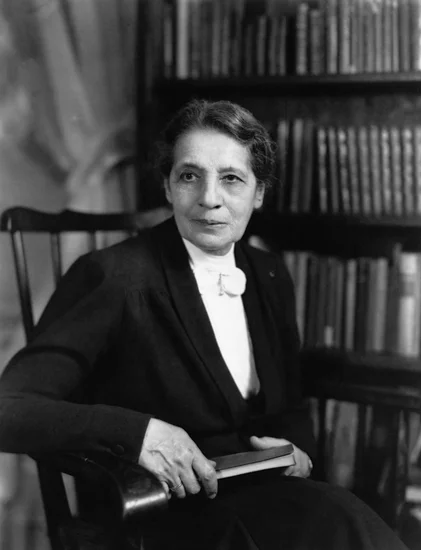
Austrian physicist Lise Meitner died in Cambridge, England. Her groundbreaking work on nuclear fission changed the course of modern physics.
Meitner’s research laid the foundation for nuclear energy and atomic weapons. Despite her contributions, she was overlooked for the Nobel Prize awarded to her male colleagues.
2013 – Lou Reed Dies

American musician Lou Reed died in Southampton, New York. His innovative rock music with The Velvet Underground influenced countless artists and genres.
Reed’s solo career produced classics like “Walk on the Wild Side.” His artistic vision helped shape alternative rock and punk music movements.
1949 – Marcel Cerdan Dies
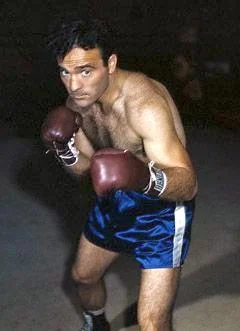
French boxer Marcel Cerdan died in a plane crash while traveling to the United States. The middleweight champion was at the peak of his boxing career.
Cerdan’s romantic relationship with singer Édith Piaf captured public imagination. His death shocked the boxing world and devastated his millions of fans.
1975 – Rex Stout Dies
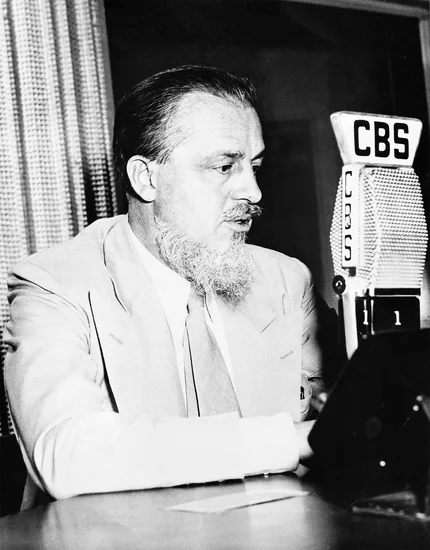
American detective novelist Rex Stout died in Danbury, Connecticut. His creation of detective Nero Wolfe revolutionized mystery fiction.
Stout’s sophisticated mysteries featuring the brilliant but eccentric Wolfe entertained readers for decades. His work elevated the detective genre to new literary heights.
1990 – Ugo Tognazzi Dies
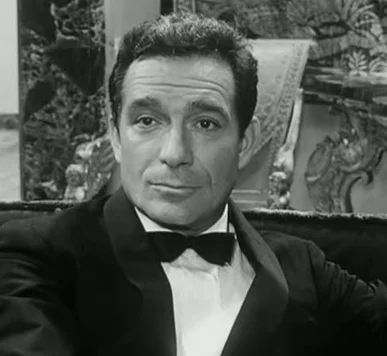
Italian actor Ugo Tognazzi died in Rome, Italy. His comedic performances and dramatic roles made him one of Italy’s most beloved entertainers.
Tognazzi’s film “La Cage aux Folles” achieved international success and spawned American remakes. His versatile acting ability earned him recognition across multiple genres.
2010 – Néstor Kirchner Dies
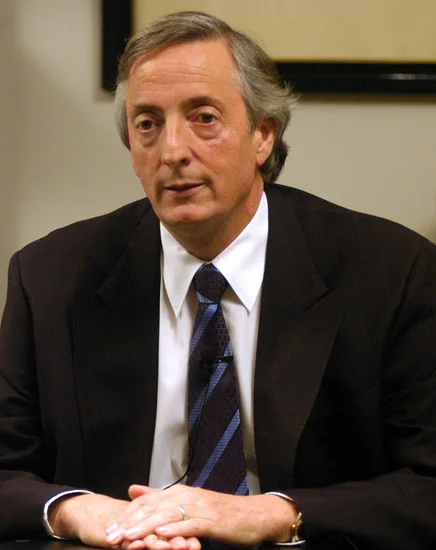
Argentine president Néstor Kirchner died of a heart attack in El Calafate, Argentina. His progressive policies transformed Argentina’s political landscape.
Kirchner’s presidency helped Argentina recover from its 2001 economic crisis. His widow Cristina succeeded him as president, continuing his political legacy.
Holidays and Observances on October 27
Independence Day in Saint Vincent and the Grenadines
Saint Vincent and the Grenadines celebrates its independence from the United Kingdom achieved in 1979. The Caribbean nation marks this milestone with national festivities and cultural events.
Citizens commemorate their freedom with parades, music, and traditional celebrations. The holiday represents the culmination of the islands’ journey to self-governance.
World Day for Audiovisual Heritage

The United Nations recognizes World Day for Audiovisual Heritage to promote preservation of cultural recordings. Archives worldwide highlight the importance of protecting audiovisual materials.
Cultural institutions showcase rare recordings and films from their collections. The observance raises awareness about the fragility of audiovisual heritage materials.
Navy Day in the United States
The United States observes an unofficial Navy Day honoring the service and sacrifice of naval personnel. The unofficial celebration complements the official Navy Day on October 13.
American communities recognize the contributions of sailors and naval officers. The observance celebrates the Navy’s role in national defense and maritime security.
